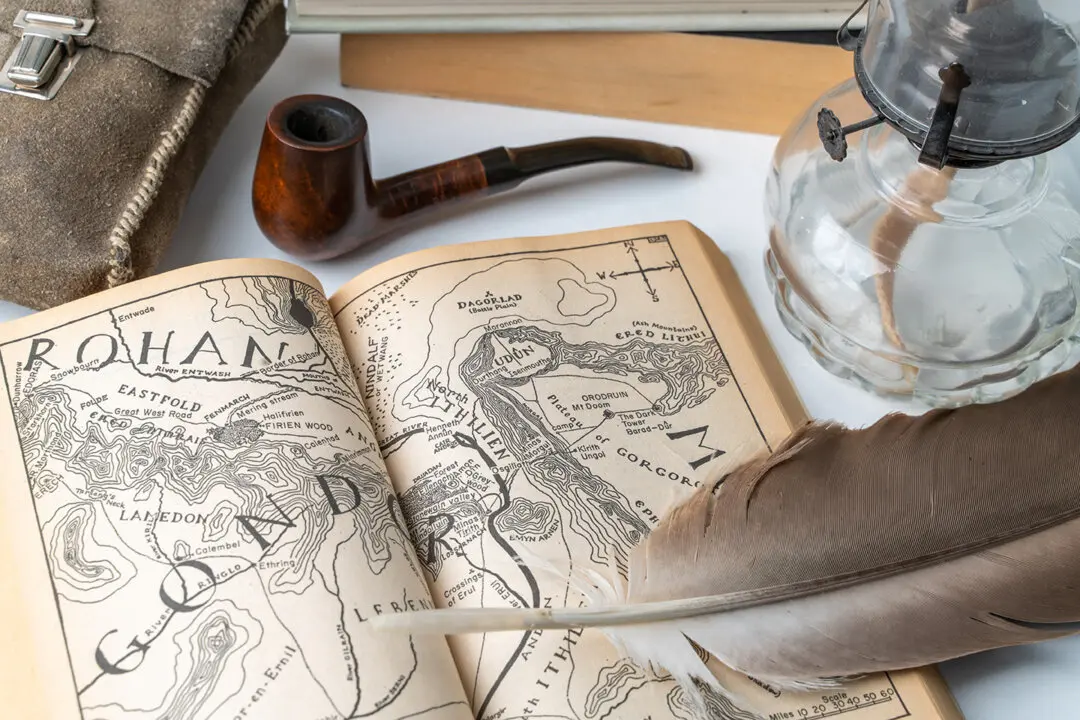For the whole of human history, man has simultaneously shirked from work, sought respite from it, delighted in it, and found it to be a necessity. Even while seeking to avoid it, he also wouldn’t perfectly enjoy a permanent escape from it, for we yearn to achieve something worthwhile and to see that what we have done is good.
William Butler Yeats published his poem “Adam’s Curse” in 1903, and from the title, it’s immediately apparent that two things are foremost in his thoughts in the poem: work and mortality.





